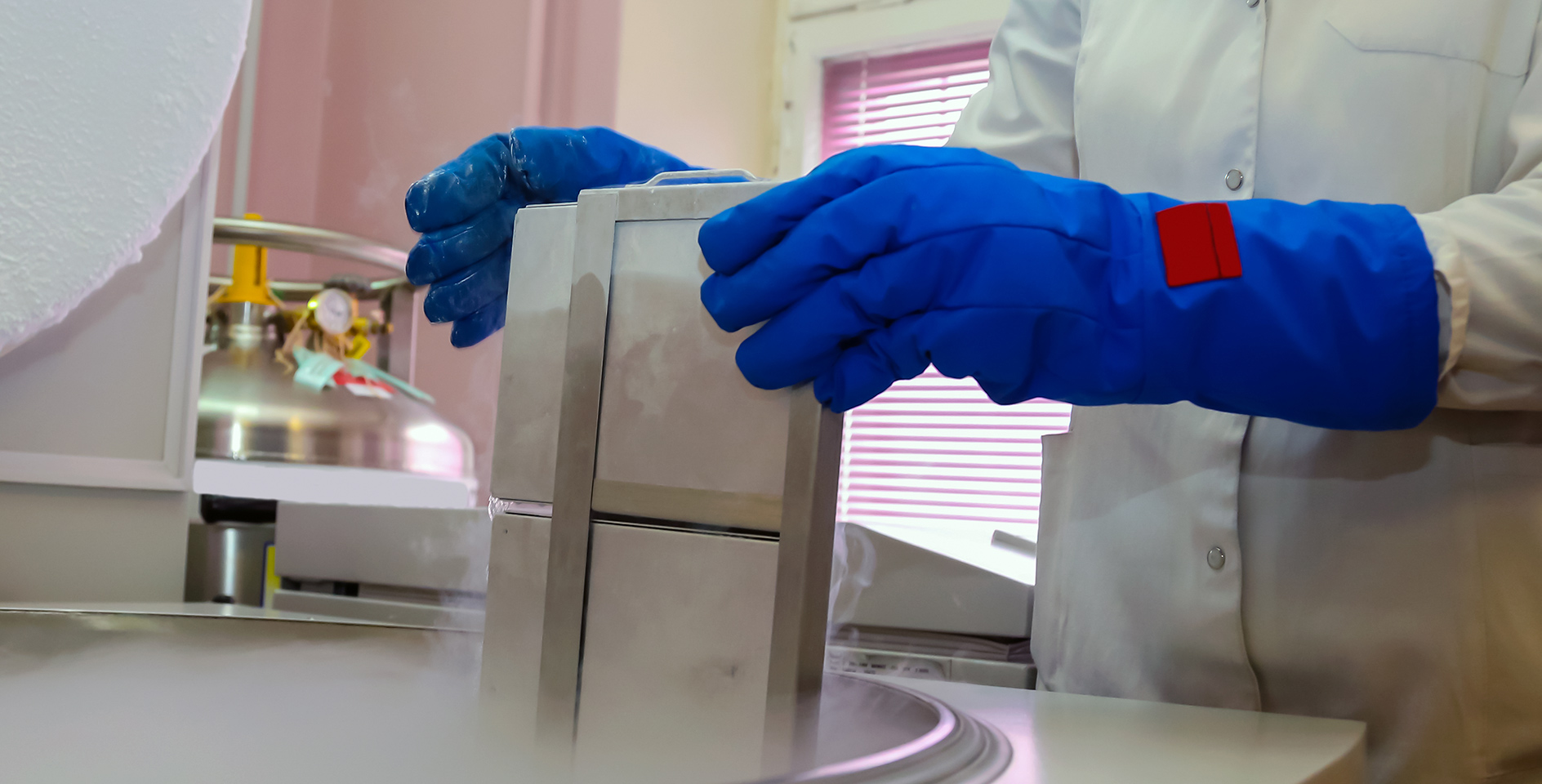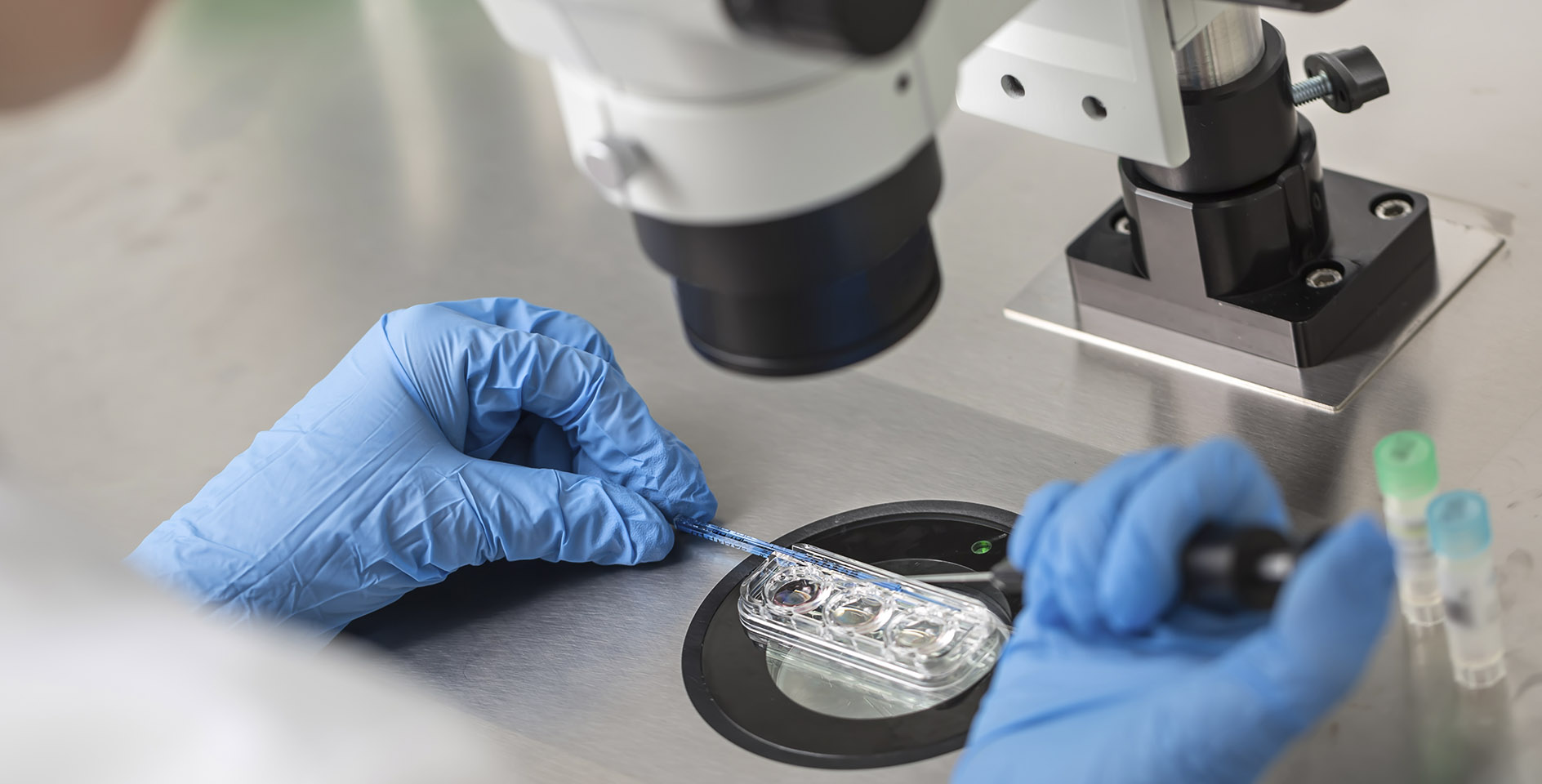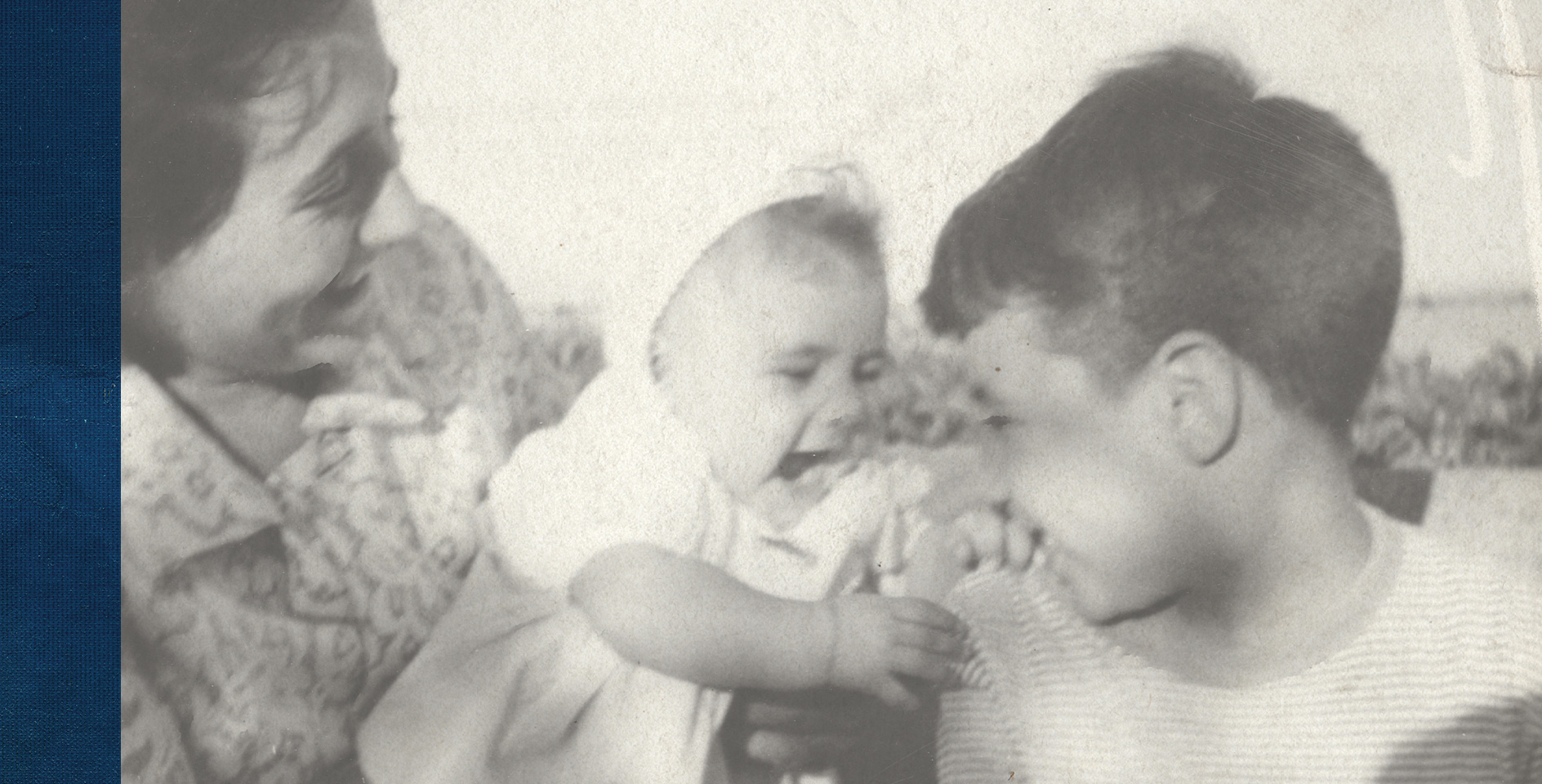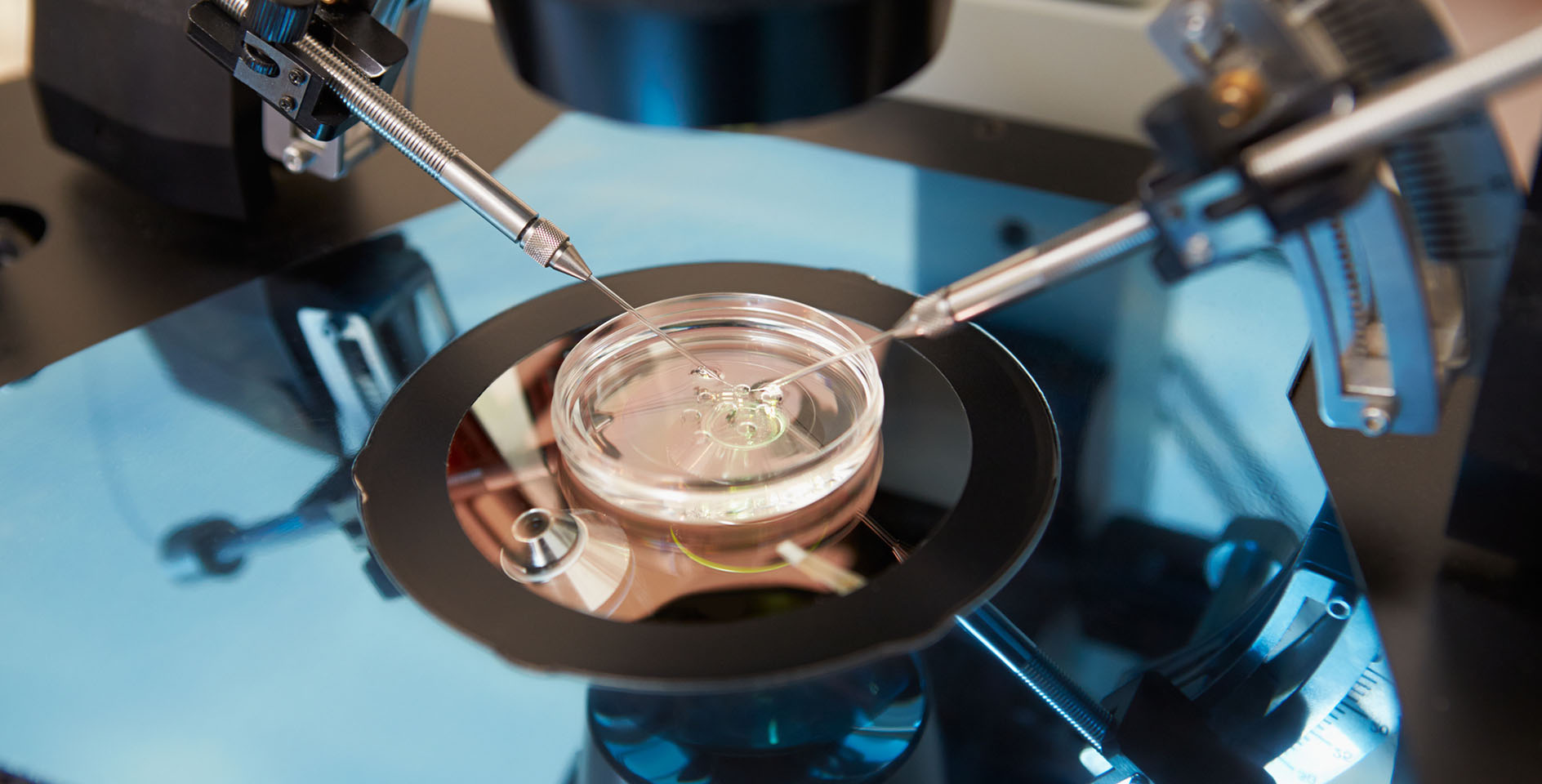Recently, the Human Fetal Tissue Ethics Advisory Board released its recommendations for funding based on proposals submitted to the National Institute of Health. This board, tasked with the oversight of projects that would require the use of fetal tissue, recommended that the Health and Human Services Secretary Alex Azar withhold funding from all but one project. This has led to charges that the board is bringing ideology to bear on an objective process. However, the board is made up of experts across the ideological spectrum who weighed the proposals and made recommendations based on the merits or deficiencies of the proposals.
Background: Defining fetal tissue research and a history of the oversight board
Fetal tissue research is the use of cells “that are harvested for the purpose of establishing cell lines or for use as transplantation material and other purposes.” This process of harvesting cells can be done through induced abortions or from miscarriages, but the mother must consent for the cells to be used in NIH proposals and research.
The Human Fetal Tissue Research Ethics Advisory Board was announced in June of 2019 when the Trump administration banned the current use of fetal tissue in federally funded projects. Previously, the process had been for grants to go from the National Institutes of Health to the Secretary for final approval. However, with the creation of the new board, previous projects were halted, and all new proposals had to go through an additional layer of ethical review. This board, made up of 15 individuals who meet specific qualifications, and which must be made up of a broad range of experts, considered the ethical ramifications of the research and the necessity of the fetal tissue research. Their recent meeting recommended withholding funds from 13 proposals previously approved by the NIH and the funding of one proposal. It will now be up to Secretary Azar to make the final decision under HHS rules.
The members of the board include scientists, theologians, ethicists, and medical professionals. There are a range of perspectives on the board raging from those opposed to fetal research and those who are advocates of the procedure. One member in particular, Ben Mitchell, should be noted because of his expertise in this area. He is a Southern Baptist bioethicist, a member of the ERLC’s Research Institute, and the former Graves Professor of Moral Philosophy at Union University.
What recommendations were made?
Reviewing the recommendations of the board, there are several things to note about the proposals that were rejected and the one that was approved. Though there is no identifying information about the proposals, it is clear that, despite the ideological diversity of the board, there was not much disagreement on board about most proposals. When comparing the votes, only two of the proposals received relatively close votes. The other 12 ranged from 10-5 to 15-0 voting to withhold funds. So it is clear that on a board containing members across the ideological spectrum, a clear supermajority was reached as to the viability of these studies in almost every case.
When looking at the reasons that the proposals were rejected, the participants noted a number of problems that caused them to vote as they did. These ranged from procedural and privacy concerns about the research to larger scale questions such as the manner in which the tissue would be obtained, whether another type of tissue could be used, and even the concern that one institution could be profiting from the procurement of the tissue. Also, it should be noted that several members of the board made clear that they would be willing to support the proposal if the problematic uses of tissue were removed or corrected.
The board voted 9-6 for the proposal they recommended funding. The proposal is for a study of alternatives to fetal tissue and substitutes. In a study of this type, some fetal tissue is necessary as a control group so as to judge the experimental group. However, the recommendation clarifies that this study would be using existing fetal tissue which had been stored rather than acquiring new sources. Thus, it would not run afoul of causing the researchers to participate in abortion or other procedures to procure the samples. and if successful, it would eliminate the need for future research with fetal tissue by providing an alternative.
How should Christians think about fetal tissue research?
There are several ethical considerations when it comes to fetal tissue research for the Christian. The first is the manner in which the tissue was originally collected. As noted above, fetal tissue can be taken from miscarriages or induced abortions. Christians ought to reject any willful taking of the life of a child for medical research purposes because of the child’s right to life. However, in the cases of miscarriages, there is room for disagreement among Christians about how to use the cells, just as in the case of individuals who donate their organs after death or bodies for medical research.
The other concern is what is to be done with cell lines that are already in existence from previously harvested tissue. Some of these were taken from aborted children, and thus were collected through unethical and immoral means. But does this mean that all research from the stem cell line must be rejected? While there is room for debate in this area, the salient ethical concern is whether an individual is participating in the evil of abortion by benefiting from the research of tissue collected by immoral means. As with vaccines developed with stem cell lines from aborted children, the individual who chooses to receive the vaccine is not morally culpable for the methods used to create the vaccine, but they should pursue ethical vaccine creation with alternatives to fetal tissue.
In general, Christians should oppose the use of fetal tissue in research because of the way it incentivizes the marketing of aborted human fetal tissue. Though there are ways to obtain the tissue ethically, as with the consent of parents after a miscarriage, it is impossible to avoid the way this practice incentivizes the treatment of children as tools for scientific experimentation. One abortion provider, after intense public backlash following horrific videos detail practices for obtaining the tissue, said that it would no longer attempt to recoup the $45-60 that it receives as reimbursement for the tissue collection. When they made that statement in 2015, that $45 (taking the lower estimate) would have netted the abortion provider, if half of their 140,000 abortions resulted in fetal tissue to be sold, an additional $3 million. Christians should oppose this commodification of children and a Darwinistic worldview struggle that defines individuals by their utility rather than their intrinsic worth.
Ethics, science, and pro-life policies
For these reasons, the ERLC is grateful for the careful consideration the advisory board clearly carried out with respect to the proposals before it. The ERLC applauds the work of the board in ensuring an ethical approach to such a sensitive subject.
Some detractors of the board have castigated it as a group which has brought ideology to bear on the rational and objective sciences. However, it should be noted that these ethical review boards arise out of a history of scientists objectifying individuals and populations and treating them as subjects for research rather than individuals possessing unique dignity and worth, most notably the notorious Tuskegee Study in the early 20th century. There is a need for ethical oversight when it comes to human research, especially when vulnerable populations are involved.
Though there are cases where fetal tissue can be obtained ethically, as in the case of miscarriages, there is also the danger of incentivizing the death and sale of children through fetal tissue research. Thus, it is imperative that a board such as this review proposals and ensure that a culture of death is not expanded under the banner of improving life for the rest of humanity. We cannot sacrifice the weakest for our own benefit—that is a Darwinistic outlook that sees power and might as the standard of morality and defines a child in terms of his or her usefulness, not their intrinsic worth. The work that the advisory board is doing helps to promote an ethical approach to research that defends the rights of the most vulnerable.










